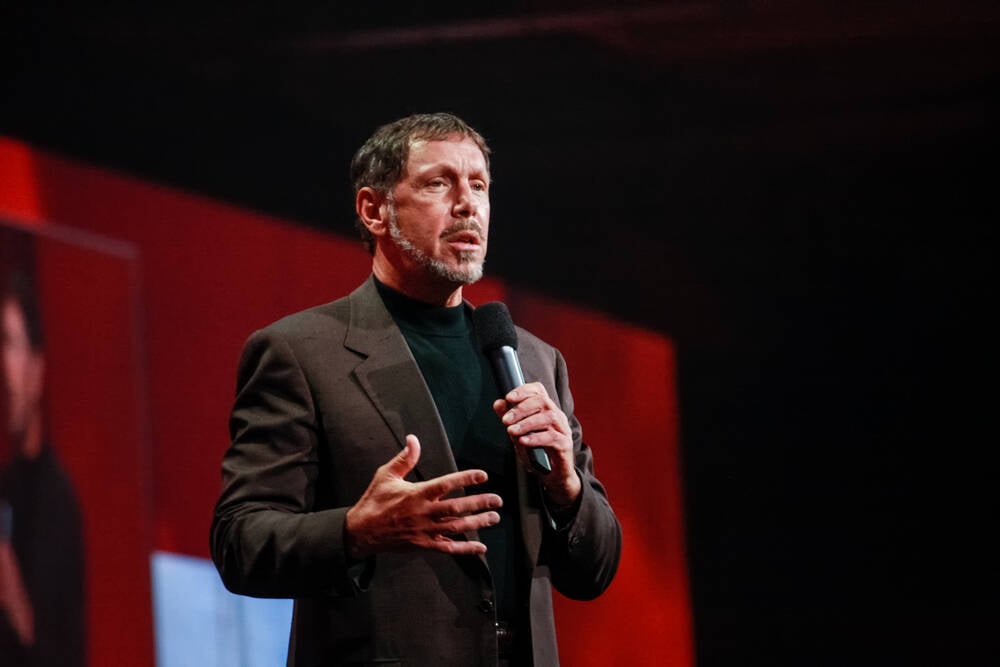
"As part of its $300 billion cloud compute contract with OpenAI, Oracle may need to borrow roughly $100 billion over the next four years to build the datacenters required, according to KeyBanc's projections. KeyBanc Capital Markets reportedly estimates that Big Red may need to raise about $25 billion a year in debt over the next four years if it intends to build all the extra cloud compute infrastructure required as part of a deal the company signed with OpenAI earlier this month."
"The OpenAI agreement sent Oracle shares soaring earlier this month after the company confirmed the deal in its Q1 FY26 earnings call, which indicated that its total remaining performance obligations (RPO - a backlog of contracted revenue still to be delivered and recognized) ballooned by 359 percent year-over-year to reach $455 billion. As reported by the Wall Street Journal, the financial soothsayers at KeyBanc don't think Oracle has anywhere near enough cash to build out the infrastructure."
"According to Big Red's most recent earnings statement, Oracle has around $10 billion worth of cash and equivalents on hand, and around $9 billion of debt due within a year. Additionally, Oracle's free cash flow has declined 152 percent YoY on the back of a massive increase in capex, with the company spending $8.5 billion in Q1 26, up from $2.3 billion a year earlier."
Oracle faces projections that it may need to borrow roughly $100 billion over the next four years to build datacenters for a $300 billion cloud compute contract with OpenAI, with KeyBanc estimating about $25 billion a year in debt. The OpenAI agreement propelled Oracle shares higher and expanded remaining performance obligations (RPO) to $455 billion. KeyBanc questions whether Oracle has sufficient cash to fund the buildout. Oracle reported about $10 billion in cash, roughly $9 billion of debt due within a year, existing long-term debt, recent bond offerings, and a sharp free-cash-flow decline amid rising capex.
Read at Theregister
Unable to calculate read time
Collection
[
|
...
]